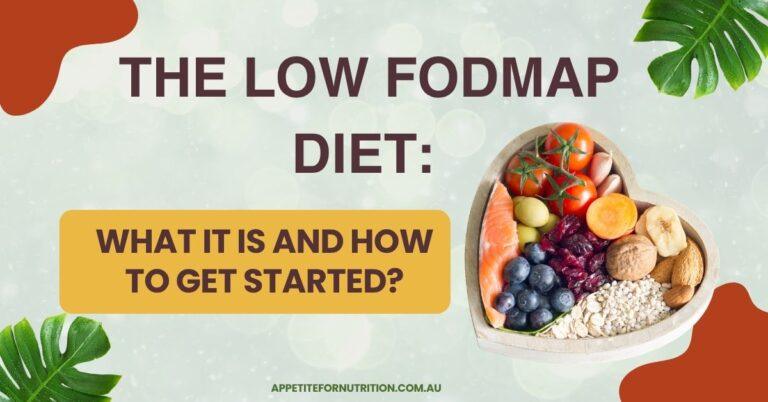
Constipation vs IBS: When to Seek Help from a Dietitian
Understanding the Difference
Constipation and irritable bowel syndrome (IBS) share some symptoms — bloating, discomfort, irregular bowel movements — but they’re not the same condition.
Knowing the difference helps you get the right support and relief sooner.
Constipation happens when bowel movements are infrequent, hard, or difficult to pass.
IBS is a functional gut disorder involving changes in bowel habits (constipation, diarrhoea, or both) along with bloating or pain that improves after going to the toilet.
(Learn more about signs of an unhealthy gut in our Gut Check: Recognize and Improve an Unhealthy Microbiome blog.)
Common Signs of Constipation
Fewer than three bowel movements per week
Hard, dry, or pellet-like stools
Straining or feeling of incomplete emptying
Bloating or discomfort after meals
Possible causes:
Low fibre intake, dehydration, certain medications, or reduced mobility (common in older adults or those with disabilities).
Dietitian tip: Don’t ignore constipation. Chronic constipation can lead to discomfort, fatigue, or poor appetite — all of which impact your overall health.
What IBS Feels Like
IBS can present differently for everyone, but it’s defined by ongoing digestive changes not explained by another condition.
Typical symptoms include:
Abdominal pain or cramping that eases after a bowel movement
Alternating constipation and diarrhoea
Gas, bloating, or excessive wind
Unpredictable toilet patterns
IBS subtypes:
IBS-C (constipation dominant)
IBS-D (diarrhoea dominant)
IBS-M (mixed pattern)
How a Dietitian Can Help
At Appetite for Nutrition, our NDIS-registered dietitians specialise in gut health and functional gut disorders. We help identify triggers, optimise fibre types, and guide you through proven strategies — without over-restricting your diet.
Your personalised plan may include:
Adjusting soluble and insoluble fibre types
Reviewing hydration and meal timing
Trialling probiotics or a modified FODMAP approach
Reviewing medications or supplements with your GP team
(You might also like our gut friendly meal plans in our shop including Low FODMAP
When to Seek Professional Help
If you’ve had ongoing symptoms for more than 3–4 weeks, or if you experience:
Unexplained weight loss
Blood in stools
Persistent bloating or fatigue
Changes in toilet habits that disrupt daily life
…it’s time to see your GP and a dietitian.
Together, they can rule out other conditions and create a nutrition plan that works for you.
Evidence-Based Nutrition for Digestive Comfort
You don’t have to live with ongoing discomfort or guess what’s wrong.
Our gut health dietitian team helps you understand your body’s signals and find lasting relief with practical, evidence-based nutrition.
👉 Book a consultation with a gut health dietitian today to get support for IBS, constipation, or other digestive concerns — in-person across Melbourne or via Telehealth Australia-wide.
Frequency Asked Questions
Find quick answers to common questions
Our team of NDIS-registered dietitians helps clients make practical, evidence-based food decisions that fit their goals, lifestyle, and budget.
Constipation usually means hard or infrequent stools that are difficult to pass. IBS (Irritable Bowel Syndrome) is a broader condition that can include constipation, diarrhoea, or both — often with abdominal pain, gas, or bloating.
Yes. Many people have IBS-C, which is constipation-dominant IBS. The difference is that IBS involves changes in bowel habits and abdominal discomfort that often improves after a bowel movement.
High-fibre foods like oats, fruit, vegetables, legumes, and whole grains support regularity. Staying hydrated and gentle movement (like walking) also help. Avoid over-reliance on laxatives unless recommended by your GP or dietitian.
When should I see a dietitian for gut issues?
If you’ve had persistent bloating, discomfort, or irregular bowel movements for more than three weeks, it’s best to see a dietitian. They can identify food triggers, optimise fibre intake, and create a tailored gut health plan.
👉 Book a consultation with a dietitian today
Absolutely. Dietary changes — like adjusting fibre types, managing stress, or trialling a structured Low FODMAP plan — can greatly reduce symptoms. A dietitian can guide you safely without unnecessary restriction.
(Learn more Tips On Eating Out On A Low FODMAP Diet



